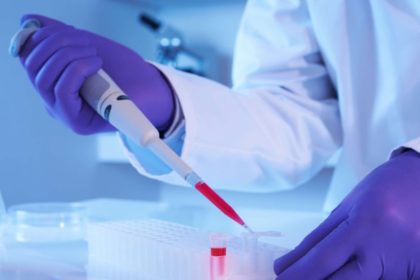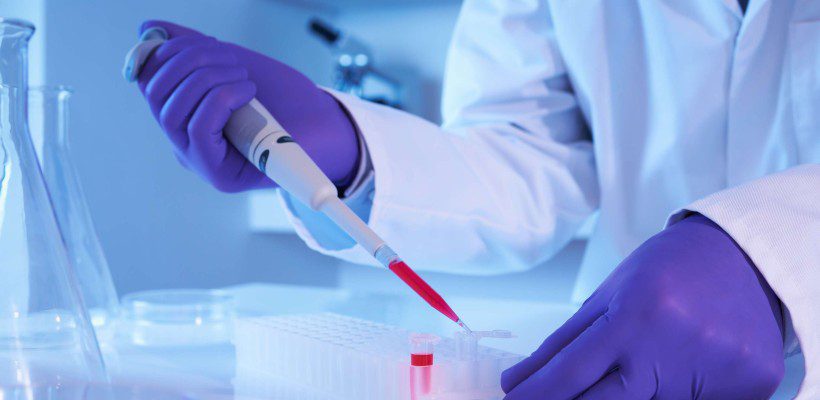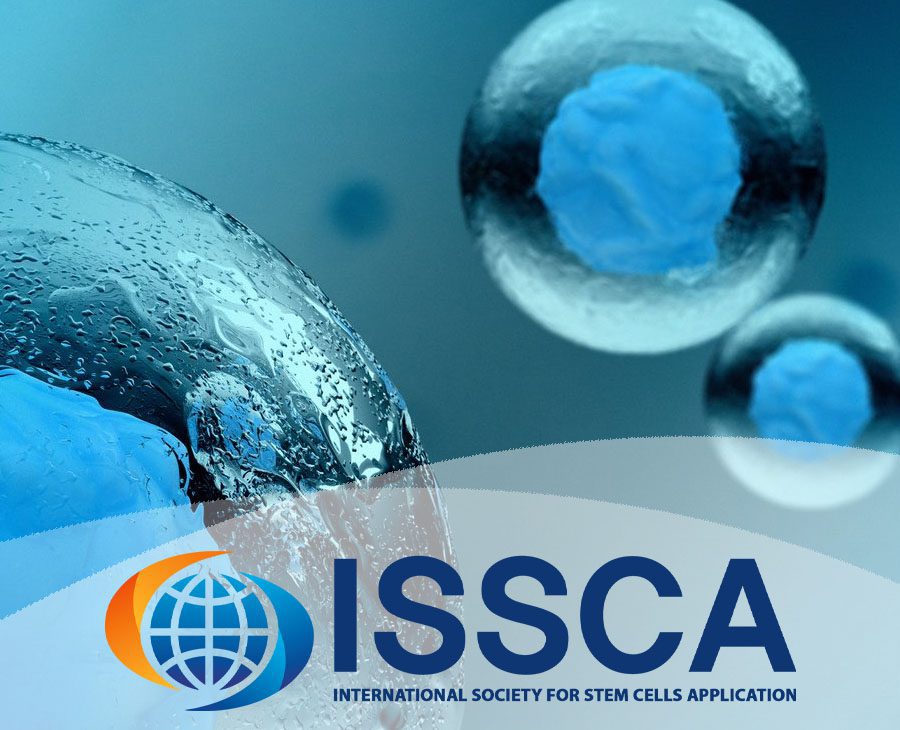
MONDAY, 29 AUGUST 2016 / PUBLISHED IN BLOG
Adult stem cells are gaining significant attention in the scientific community due to their ability to self-renew and generate various types of cells and tissues. Unlike embryonic stem cells, which can differentiate into multiple cell types, adult stem cells primarily produce the specific tissue from which they originate. This focus on adult stem cells has intensified amidst ethical concerns surrounding the use of embryonic stem cells.
Diversity of Adult Stem Cell Sources
Research has identified several adult tissues that harbor stem cells, offering promising avenues for treating degenerative conditions such as osteoarthritis, muscular dystrophy, and Alzheimer’s disease. The expanding list of these tissues includes:
- Bone Marrow: Known for hematopoietic stem cells (HSCs) that can differentiate into blood cells and skeletal stem cells (STCs) contributing to bone and cartilage.
- Brain Tissue: Neural stem cells (NSCs) capable of generating various types of neurons, under study for conditions like multiple sclerosis and Parkinson’s disease.
- Peripheral Blood and Blood Vessel Tissue: Contains hematopoietic stem cells critical for immune function and blood clotting.
- Skeletal Muscle Tissue: Houses muscle stem cells important for muscle repair and regeneration.
- Liver and Pancreas Tissue: Liver’s hepatocytes possess regenerative capabilities, while pancreatic precursor cells from the biliary tree show promise in diabetes research.
Applications in Regenerative Medicine
Adult stem cells offer practical advantages over embryonic stem cells, including lower rejection rates (often sourced from the patient) and higher differentiation potential. This makes them valuable for developing therapies to treat currently incurable diseases in humans.
Future Directions in Stem Cell Research
Scientific advancements continue to uncover new insights into adult stem cells, their capabilities, and potential applications in regenerative medicine. Ongoing research aims to harness these cells’ regenerative properties more effectively, paving the way for novel treatments and therapeutic strategies.
References
For further details, refer to the original research articles and sources:





